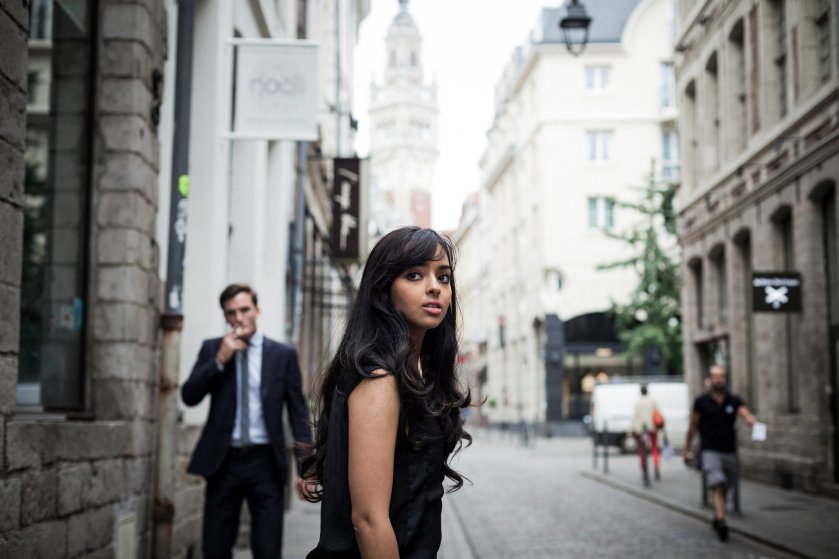Giuseppe Sandro Mela.
2016-09-07.
Il New York Times è uscito con un articolo, qui riportato completamente, che sarebbe stato basato sul commento rilasciato da 1,000 donne mussulmane francesi, lettrici del giornale online. Si noti come in un altro punto i commenti sarebbero 1,200: refuso oppure inaccuratezza.
Notiamo subito come il campione studiato non rappresenti le donne mussulmane francesi, bensì solo quelle della classe colta ed integrata, che può leggere correntemente il NYT, che, tra l’altro, è a pagamento e molto oneroso.
L’immagine che emerge è quella di una netta e severa persecuzione esercitata dai francesi autoctoni nei confronti delle donne mussulmane, che sarebbero quotidianamente insultate, derise, discriminate e financo minacciate.
«French Muslim women described being ostracized by non-Muslims, discriminated against when they sought jobs and made to feel persecuted.»

Un pensiero riguardo “Guerra sulle donne mussulmane tra NYT e Francia. Persecuzione.”
I commenti sono chiusi.